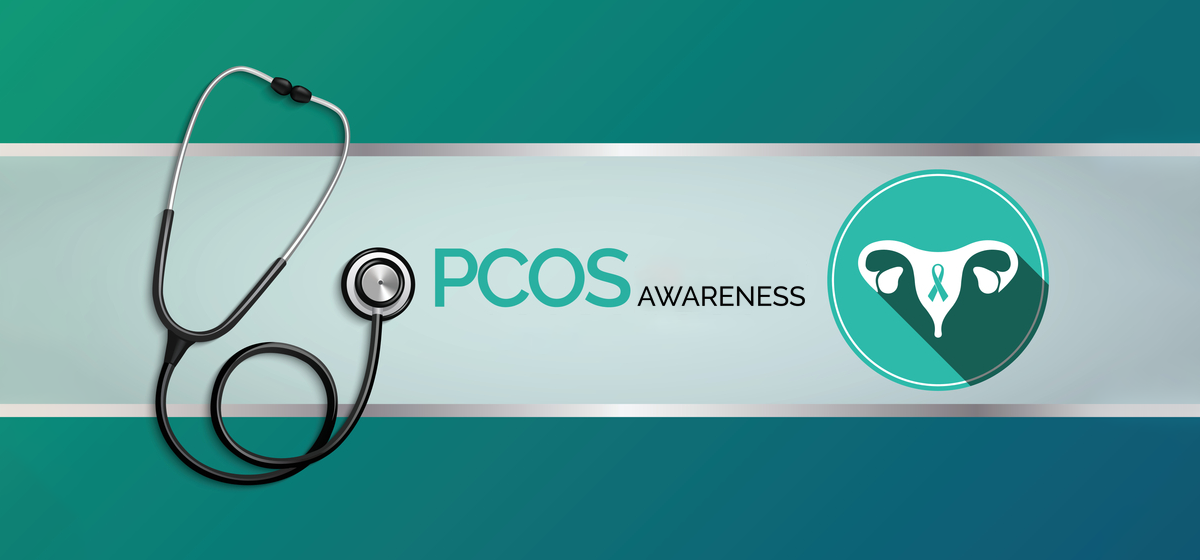When pain strikes, whether it’s a nagging headache, aching joints, or sore muscles, finding the right pain relief medicine can make all the difference. But with a variety of over-the-counter and prescription options, it’s essential to choose the one best suited for your symptoms. At Frankross Pharmacy, we believe in empowering you to make informed choices that cater to your specific needs.
Understanding Different Types of Pain
Before diving into medication, it’s crucial to understand the type of pain you’re experiencing. Pain can generally be categorized into three types:
Acute Pain: Short-term pain due to injury, surgery, or sudden illness.
Chronic Pain: Prolonged discomfort frequently brought on by diseases like arthritis or damage to the nerves.
Inflammatory Pain: Pain associated with inflammation, such as sprains, strains, or muscle soreness.
Each type requires a different approach to pain Release, and the medicine you choose should target your specific symptoms.
Common Types of Pain Relief Medicines
Nonsteroidal Anti-Inflammatory Drugs (NSAIDs)
NSAIDs like ibuprofen and aspirin are commonly used for pain Release due to inflammation, such as muscle strains, headaches, or arthritis. These medications work by reducing inflammation, which helps alleviate pain.
Best for: Headaches, joint pain, muscle soreness, menstrual cramps.
Frankross Pharmacy Recommends:
Ibuprofen tablets for general pain and inflammation
Frankross Muscle Pain Relief Gel for localized muscle pain
Acetaminophen (Paracetamol)
Acetaminophen is a popular option for pain release when inflammation isn’t the primary issue. It’s perfect for relieving headaches, mild pains, and fever.
Unlike NSAIDs, acetaminophen does not reduce inflammation but is easier on the stomach.
Best for: Headaches, mild joint pain, fever.
Frankross Pharmacy Recommends:
Paracetamol tablets for headaches and mild pain
Opioid Pain Relievers
Prescription opioid painkillers are saved for situations requiring more intense pain relief, as following surgery or persistent pain issues that don’t improve with over-the-counter drugs. These should be used with caution due to the risk of dependence.
Best for: Post-surgical pain, chronic severe pain.
Topical Pain Relievers
Creams, gels, and patches that contain ingredients like menthol or capsaicin offer targeted pain release without the need for oral medications. These are ideal for conditions like arthritis or muscle soreness.
Ideal for: Back discomfort, confined muscle pain, and joint pain.
Muscle Relaxants
Muscle relaxants might be quite helpful if your discomfort is caused by tense or spasmed muscles. They help reduce muscle stiffness and discomfort, making it easier to move without pain.
Best for: Back pain, neck pain, muscle spasms.
Frankross Pharmacy Recommends:
Frankross Muscle Relaxing Spray for relieving muscle tension and soreness
To select the best pain-release medicine, consider the following factors:
Type of Pain: Is it acute, chronic, or inflammatory? If you’re dealing with swelling or inflammation, an NSAID may be the best choice. For general aches or headaches, acetaminophen may be more suitable.
Location of Pain: Localized pain, such as joint pain or muscle soreness, may respond better to topical treatments. For broader pain or internal discomfort, oral medications like NSAIDs or acetaminophen are more effective.
Pain Intensity: The severity of your pain should guide your choice of medication. For mild pain, an OTC solution like acetaminophen might suffice, while more intense pain may require a stronger NSAID or, in some cases, prescription medications.
Duration of Pain: Chronic pain often requires a different strategy than short-term pain. In cases of long-lasting pain, consulting with a healthcare provider for more tailored treatments is advised.
Health Conditions: Always consider your personal health history. People with stomach ulcers or kidney issues should avoid certain NSAIDs, while those with liver problems should steer clear of acetaminophen. Consulting with a Frankross pharmacist can help identify the safest option.
When to Seek Professional Help
While many mild to moderate pain issues can be handled with over-the-counter options, if your pain persists or worsens, it’s important to consult a healthcare professional. Chronic pain may indicate an underlying condition needing treatment beyond pain relief medicine.
At Frankross Pharmacy, we not only offer a wide range of pain Release products but also provide personalized guidance to help you find the best solution for your needs. You can browse our selection of medicines and topical treatments online or visit one of our locations to speak with a pharmacist.
Conclusion
Choosing the right pain relief medicine depends on understanding your pain and selecting the medication that fits the type, intensity, and duration of your symptoms. Whether you’re treating a mild headache or dealing with chronic joint pain, Frankross Pharmacy is here to support you with the right solutions for effective pain management.





